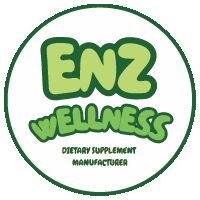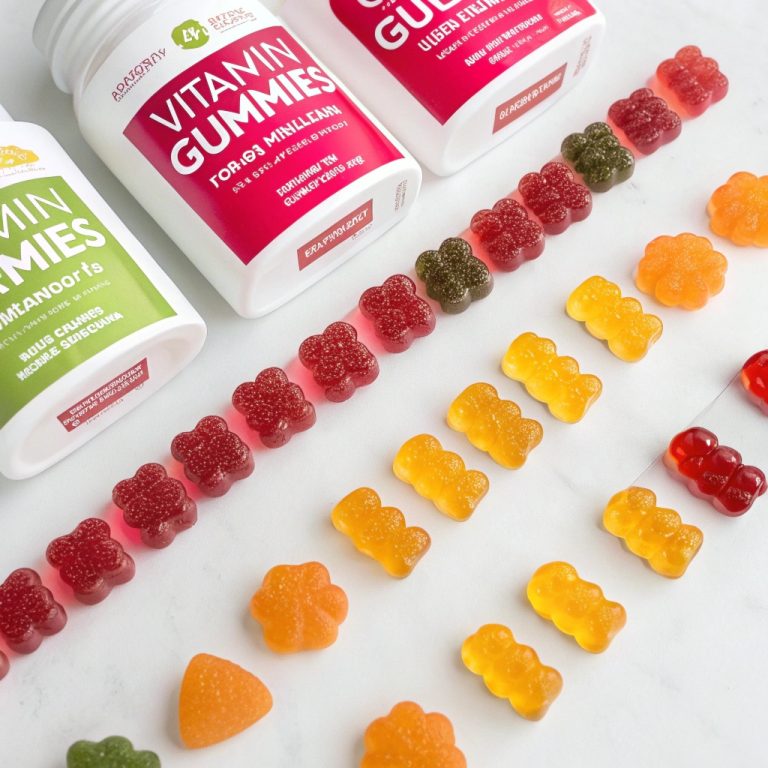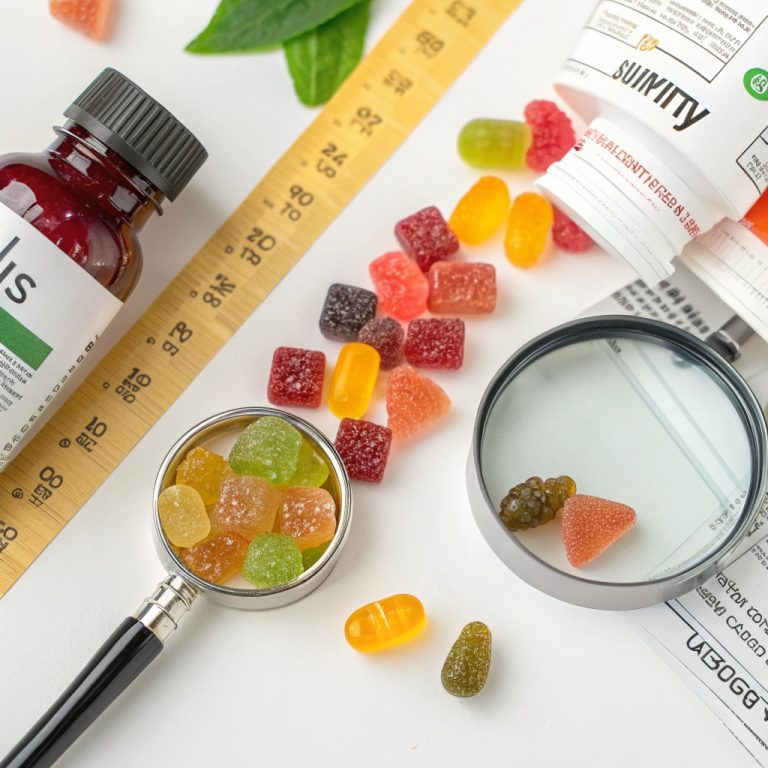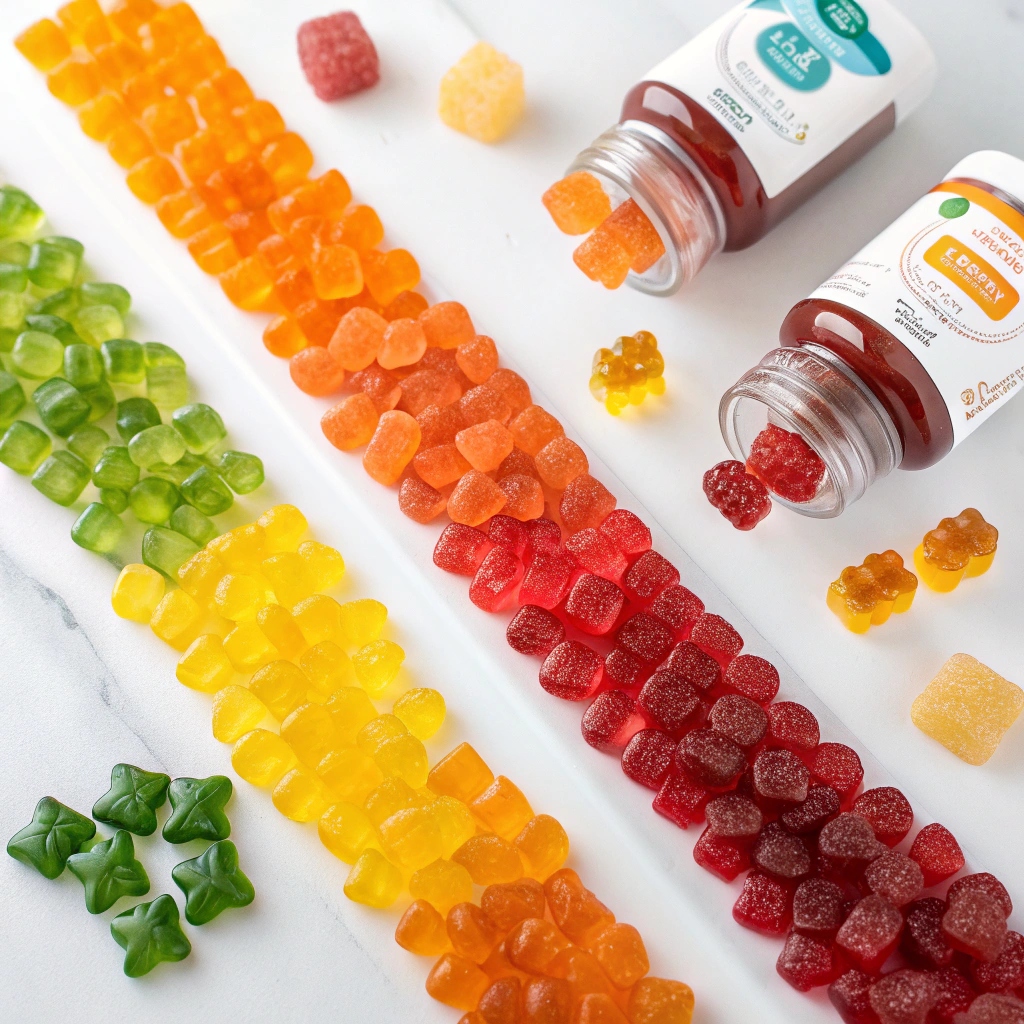Many people take vitamins daily without realizing poor-quality ingredients can reduce effectiveness and even harm health. Low-grade fillers or artificial additives can cause digestion issues and nutrient imbalance. The solution is to choose vitamins with premium, clean, and clinically-tested ingredients for true nutritional benefits.
The best vitamins with high-quality ingredients are those made from natural sources, contain bioavailable nutrients, and are free from artificial colors, flavors, or preservatives. Look for third-party certifications such as GMP, NSF, or USP to ensure purity, potency, and manufacturing transparency.
Let’s explore what makes a vitamin truly superior and how to choose the right one for your body.
1. What Defines High-Quality Vitamin Ingredients?
High-quality vitamin ingredients are derived from natural and bioavailable sources that the body can absorb efficiently. Unlike synthetic vitamins, which may pass through the system with minimal absorption, bioactive forms like methylcobalamin (B12) or natural D3 from lanolin ensure optimal results.
Premium vitamins avoid unnecessary fillers such as talc, magnesium silicate, or artificial sweeteners. Instead, they use clean carriers like plant cellulose or pectin for gummies. High-quality ingredients also come with transparency — brands should clearly list nutrient sources, percentage of daily value, and potential allergens.
Additionally, vitamins manufactured under strict Good Manufacturing Practice (GMP) standards or tested by third-party labs ensure safety and consistency. Choosing such products helps prevent contamination and guarantees that you get what’s on the label.
2. Why Ingredient Transparency Matters in Vitamins
Transparency separates trustworthy vitamin brands from the rest. Many low-cost supplements use proprietary blends that hide actual ingredient quantities, making it impossible to evaluate their effectiveness. This lack of clarity can lead to overdosing or nutrient imbalances.
A high-quality vitamin brand provides a fully disclosed ingredient list, including vitamin source, origin, and extraction process. They also highlight allergen information such as gluten-free, dairy-free, or vegan suitability. Transparency allows customers to make informed decisions based on health conditions, dietary needs, and ethical preferences.
Moreover, transparent labeling reflects a company’s confidence in its formulation quality — a strong indicator of integrity and reliability.
3. Natural vs. Synthetic Vitamins: Which Is Better?
Natural vitamins are derived from whole food sources like fruits, vegetables, and herbs, whereas synthetic vitamins are chemically replicated in laboratories. Natural vitamins often contain co-factors, enzymes, and antioxidants that enhance nutrient absorption and utilization.
Synthetic vitamins, while cheaper, may not interact synergistically with the body. For instance, natural vitamin E (d-alpha-tocopherol) has greater biological activity than its synthetic counterpart dl-alpha-tocopherol. Similarly, natural folate (methylfolate) is safer and more effective than synthetic folic acid for those with MTHFR gene variations.
That said, not all synthetic forms are harmful — some are stabilized for better shelf life. The key lies in choosing bioavailable forms verified by science and produced by reputable manufacturers who test every batch for purity.
4. What Certifications Ensure Vitamin Quality?
To ensure product integrity, trustworthy brands seek third-party certifications. Look for the following seals:
-
GMP (Good Manufacturing Practice): Verifies safe and consistent production standards.
-
NSF Certified: Confirms that ingredients meet strict public health safety standards.
-
USP Verified: Ensures purity, accuracy, and potency of listed ingredients.
-
Non-GMO and Organic: Indicates ingredients are free from genetically modified organisms and synthetic pesticides.
These certifications aren’t just labels; they represent quality control, traceability, and consumer safety. Always check the brand’s packaging or website for certification details to confirm authenticity before purchasing.
5. Why Choose ENZGummy?
At ENZGummy, we believe vitamins should taste great and perform even better. Our gummies are made with premium natural ingredients, real fruit flavors, and plant-based pectin instead of gelatin. Each batch is produced in GMP-certified facilities, ensuring safety, purity, and consistency.
We avoid artificial colors, preservatives, and added sugar, focusing instead on clean, bioavailable nutrients that your body absorbs efficiently. ENZGummy is dedicated to transparency — every product label lists exact ingredients and dosage.
Whether you need multivitamin gummies, collagen boosters, or immune-support formulas, ENZGummy provides a delicious and trustworthy way to nourish your health daily.
6. How to Select the Right Vitamin Brand
When comparing vitamin brands, check for ingredient source, testing method, and consumer reviews. Prioritize those that publish Certificate of Analysis (COA) reports, confirming batch-specific lab verification.
Avoid brands that rely on exaggerated health claims without scientific support. Instead, focus on those backed by clinical research, transparent communication, and clean formulations.
If you prefer chewable or gummy supplements, confirm they use natural pectin, real fruit extracts, and low-sugar recipes to maintain nutrient stability and flavor integrity. Premium vitamin brands balance efficacy, safety, and taste — delivering genuine results you can trust.
7. Summary
Choose transparent, natural, and certified vitamins for optimal health benefits and lasting results.




